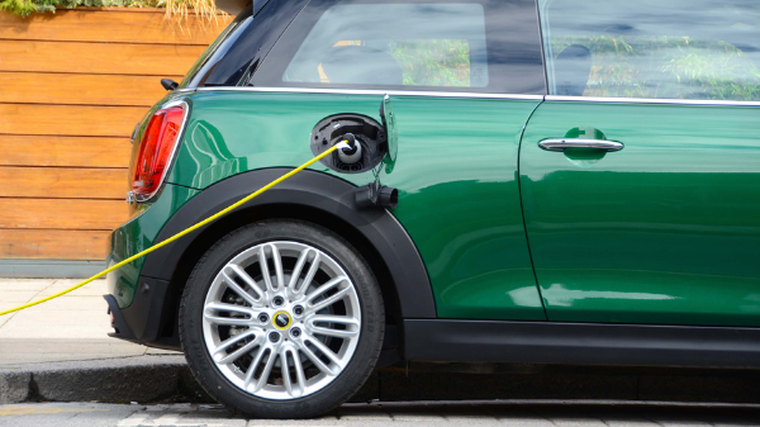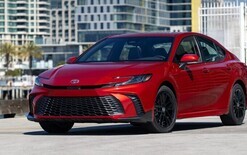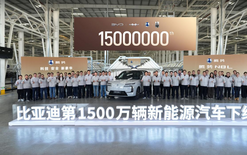Industry body speaks out over EV plans

Different approaches to electric vehicles (EVs) by state governments across the ditch have received a mixture of praise and condemnation from a leading automotive body.
The Federal Chamber of Automotive Industries (FCAI) is applauding the Tasmanian government’s plans to make its vehicle fleet 100 per cent electric by 2030.
At the same time, it has criticised politicians in New South Wales and South Australia for contemplating the introduction of road user charges for EVs.
Tony Weber, chief executive of the FCAI, says officials in Tasmania have shown forward thinking and acknowledged the importance of addressing climate change and improving health outcomes for residents.
“Tasmania’s unique position with its renewable energy advantage means that the fleet will utilise domestic energy sources and create a more affordable second-hand electric vehicle market that will support the longer-term widespread adoption of low-emission vehicles,” he explains.
“This proposal shows great leadership by the Tasmanian government and will hopefully inspire some less progressive governments around Australia.”
Weber says other state governments, such as those in NSW and South Australia, are out of step when it comes to encouraging environmentally friendly initiatives.
South Australia recently became the first jurisdiction in the world to propose a specific tax on EVs, with officials suggesting the owners of such vehicles pay a distance-based road user tax in lieu of a fuel excise.
Weber describes plans to slap a tariff on low and zero-emissions vehicles as “beyond belief” and warns it will discourage the uptake of EVs.
“All around the world, global automotive companies have invested billions of dollars to develop environmentally friendly vehicles,” he adds.
“And all around the world, progressive governments have supported the introduction of these vehicles.
“But here in Australia, we inhibit their introduction by levying extra charges on them. It simply beggars belief at this early stage of electric vehicle introduction.”
The FCAI notes that excise and the treatment of motorists and their vehicles is a long-term issue. It adds road user charging is a complex topic that needs to be discussed on a national basis.
“A sophisticated discussion is required to determine how we encourage the uptake of all low and zero-emission vehicles,” says Weber. “These vehicles offer economy wide benefits, including improved health outcomes, and will make a major contribution to improving our environmental scorecard for the benefit of future generations.”
Electric incentives
Meanwhile, the Australian Capital Territory (ACT) has reaffirmed its position as Australia's most EV-friendly jurisdiction.
The government there has pledged to introduce free registration and interest-free loans for new electric car buyers. Under the plans, Canberrans will be able to access “a program of zero-interest loans of up to AU$15,000 (NZ$15,800) for households and not-for-profit community organisations to assist with the upfront costs of investing in zero-emission vehicles”.
The ACT already provides a stamp duty exemption to electric car buyers and a 20 per cent discount on registration.
An annual report by the Electric Vehicle Council this year found the Australian state or territory with the highest level of policies encouraging EV uptake was the ACT with an overall B rating.
The ACT was followed by NSW, Queensland, Victoria, South Australia, Tasmania, the Northern Territory and Western Australia – the latter two of which both received an F score.





